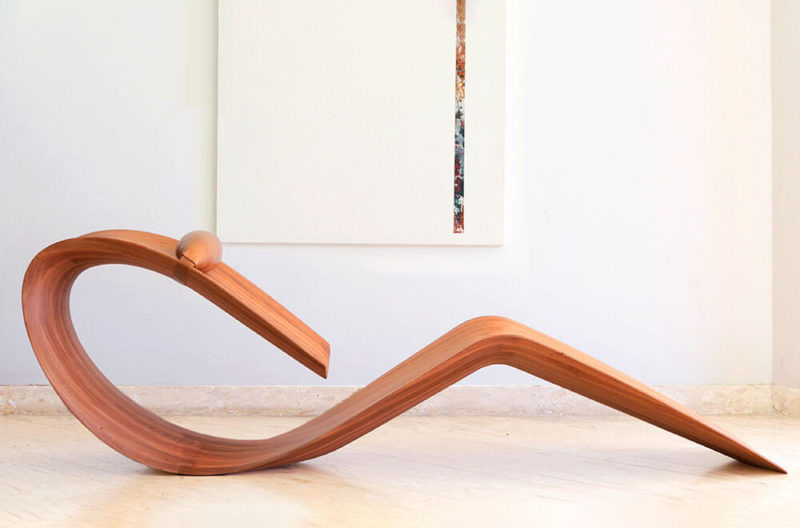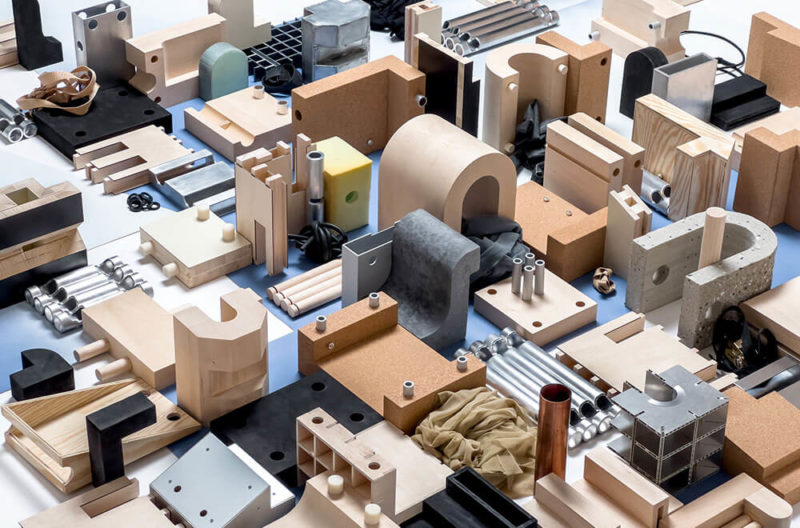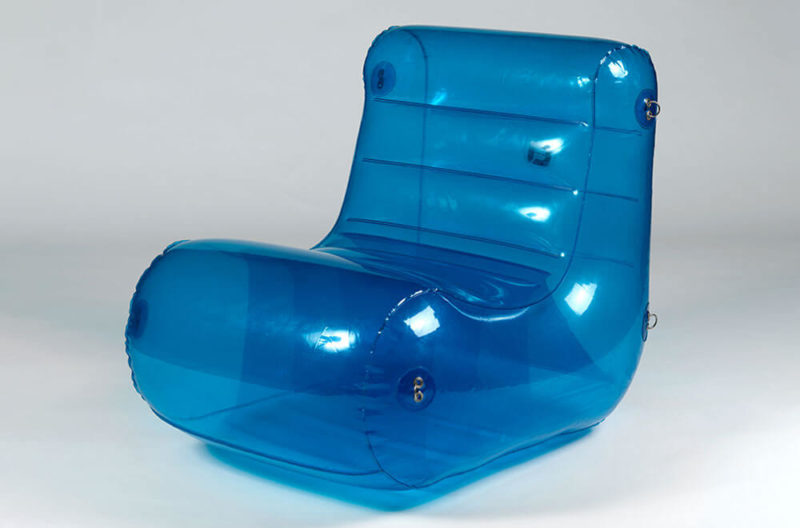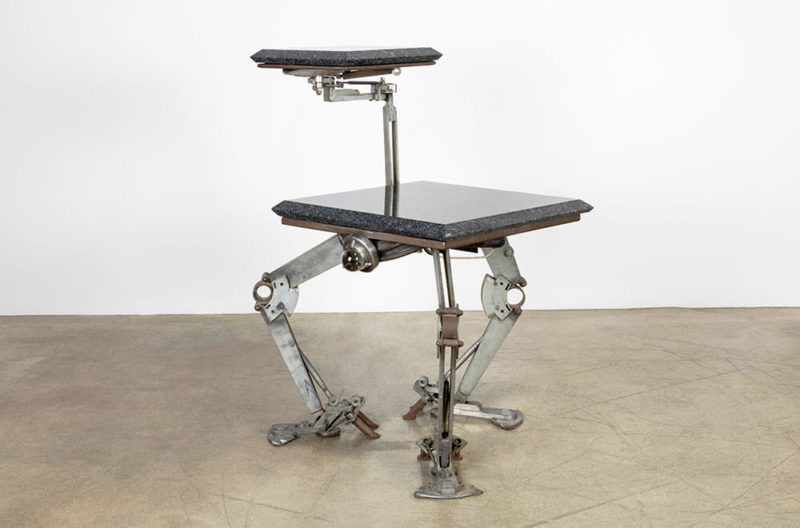ZONAMACO / Transatlántico
“There’s a huge potential for the collectible design industry in Latin America - both the number of makers and collectors in this part of the world is booming."
Gallery Philia, Mexico City
8th – 12th February 2022
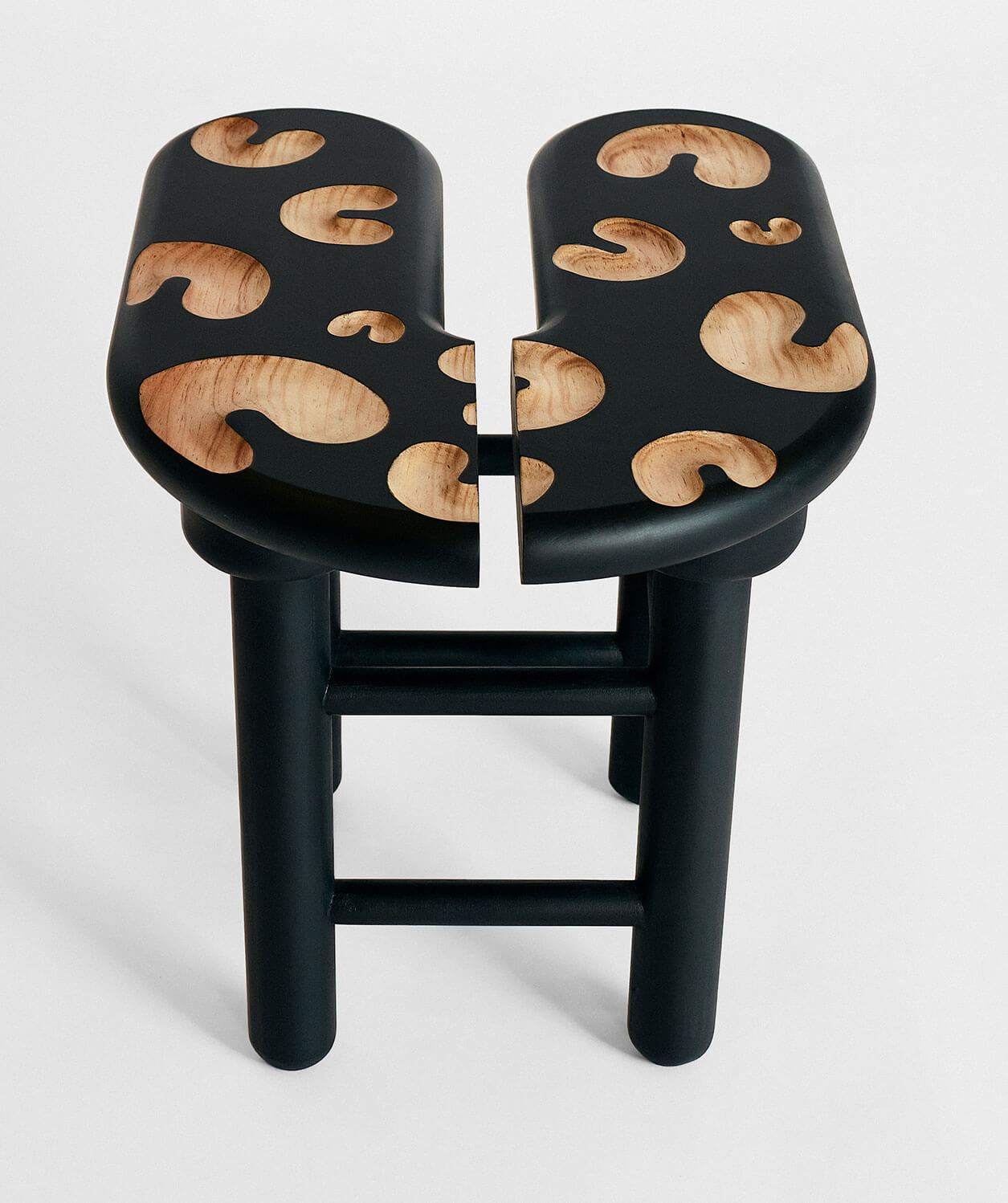
Platalea Studio, ‘Banquito Confetti‘ stool, 2021
COURTESY: Platalea Studio & Galerie Philia
NOMADIC PLATFORM GALERIE Philia is gearing up for another year of format-defying exhibitions mounted throughout the globe. Getting things started is a unique showcase placing relatively unknown Latin American and established European designers in direct dialogue.
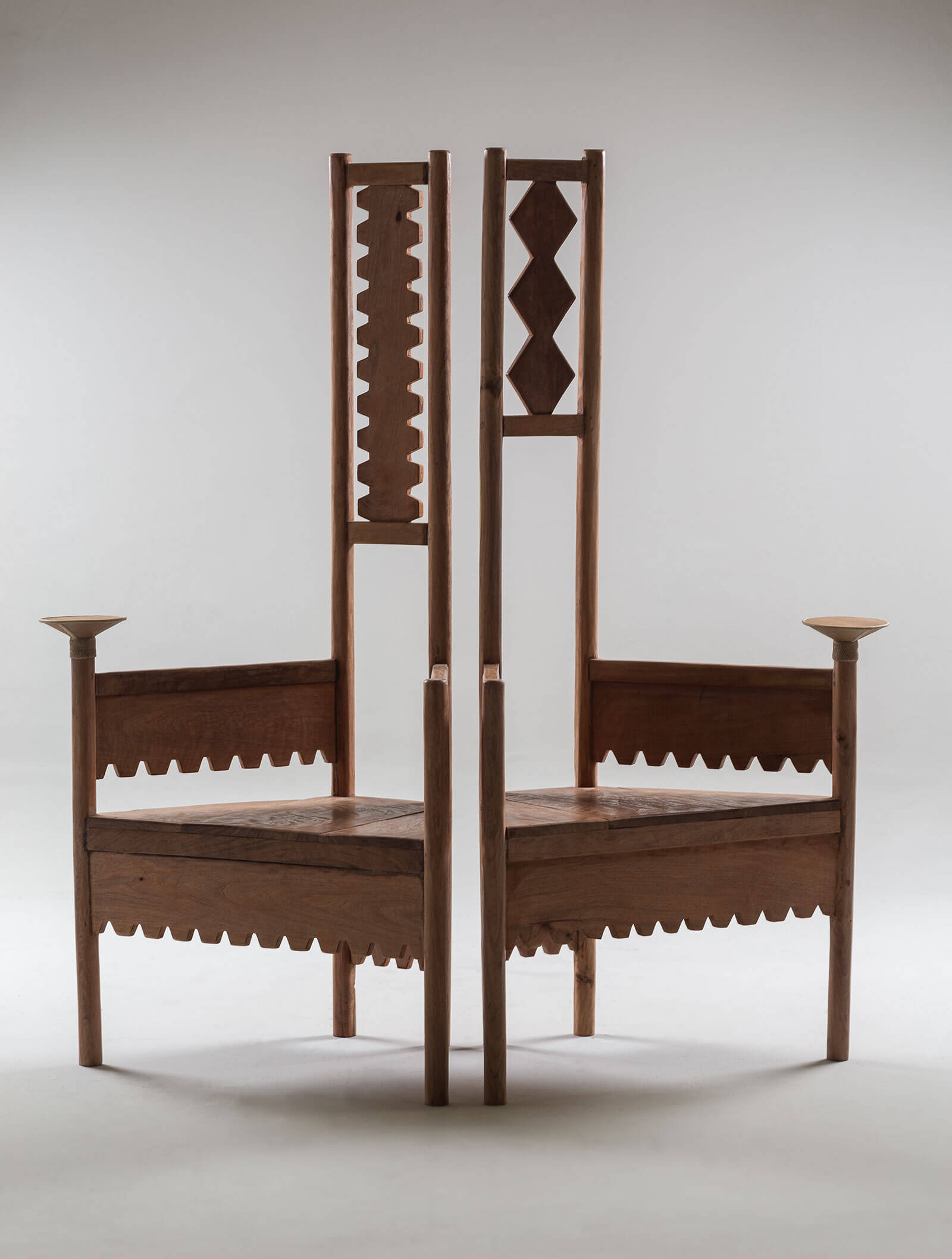
Christián Mohaded, ‘Toribio and Alcira’ chairs, 2021
COURTESY: Christián Mohaded & Galerie Philia
Coinciding with art and design fair ZONAMACO (8th-12th February), the ‘Transatlántico’ show will transform 700 square metres of prime Mexico City gallery space into a fully-immersive experience. Building on the platform’s commitment to multiculturalism, the exhibition will celebrate different facets of the region’s rich heritage and contemporary output.
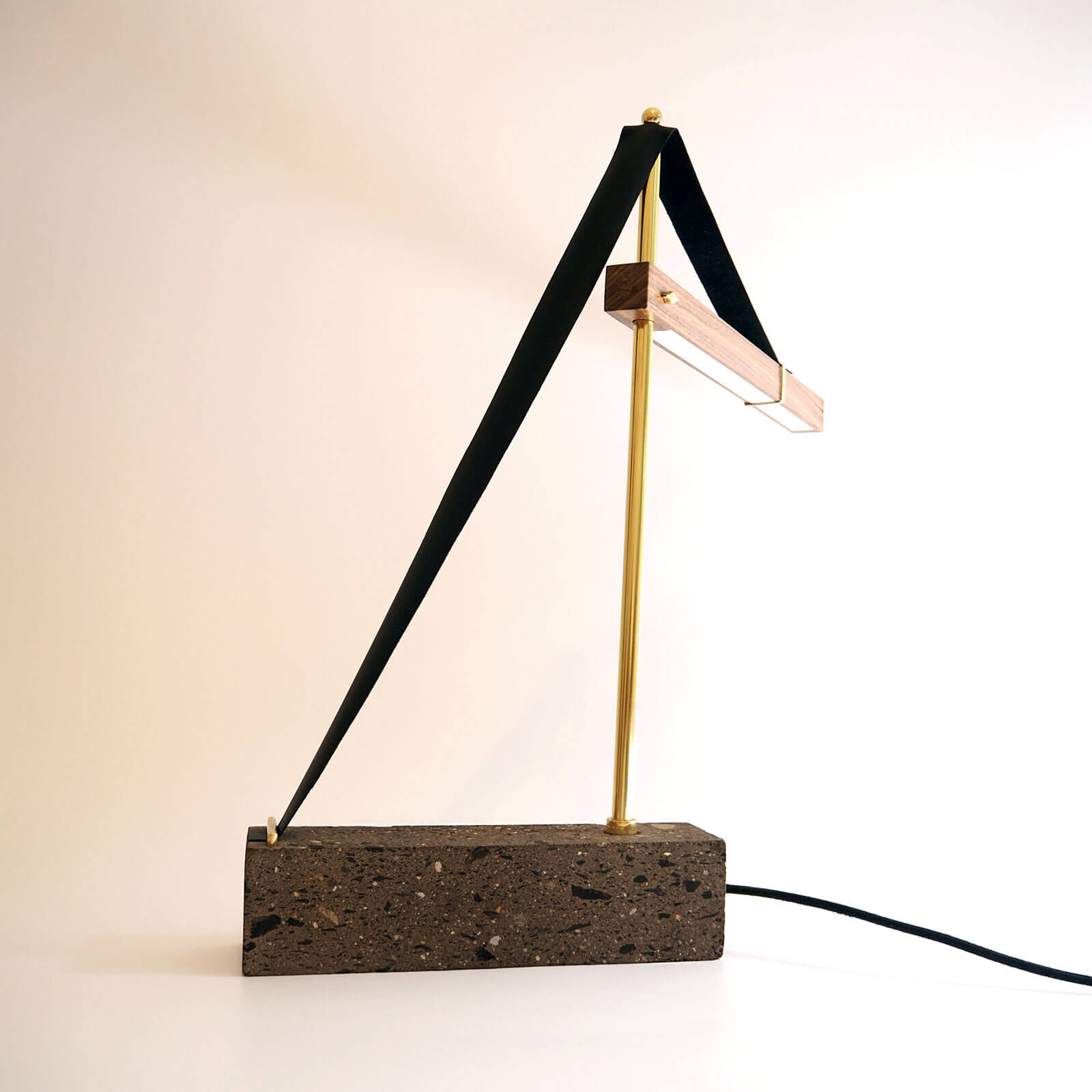
Nomade Atelier, ‘Grua’ light, 2021
COURTESY: Nomade Atelier & Galerie Philia
This particular venture stemmed from Galerie Philia co-founder Ygaël Attali’s fascination with Latin America’s Pre-Columbian, colonial and post-colonial history. A philosopher and social scientist by training, he delved deep into the writings of noted French anthropologist Claude Lévi-Strauss and applied his theories to this endeavour. “I’ve always been interested in the concept of culture clash,” Attali explains, “but also the different accords one culture affords another. The oxymoronic period of discovery can be both violent and enriching.”
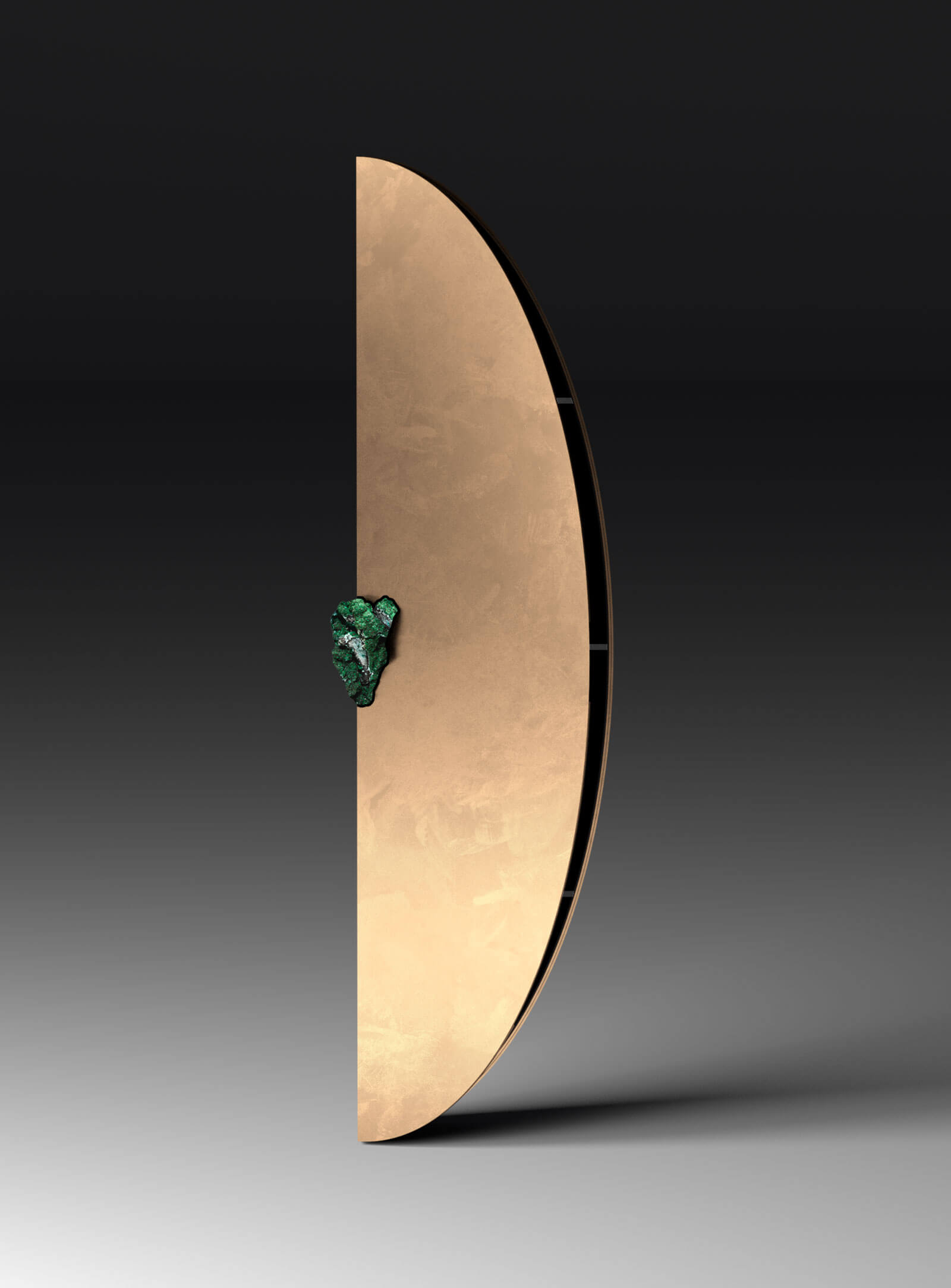
Pierre de Valck, ‘Bow Cabinet with Stone (Malachite)’, 2022
COURTESY: Pierre de Valck & Galerie Philia
In early 2021, he set up shop in Santo Domingo, Dominican Republic – the first colonial city in the Americas – and began meeting local designers, as well as exploring endemic materials like straw and various types of stone. What he discovered was an overall hybrid approach, one informed by the region’s indigenous and European heritage. “I thought to myself, let’s do something where we create a conversation between what’s currently happening in both places.”
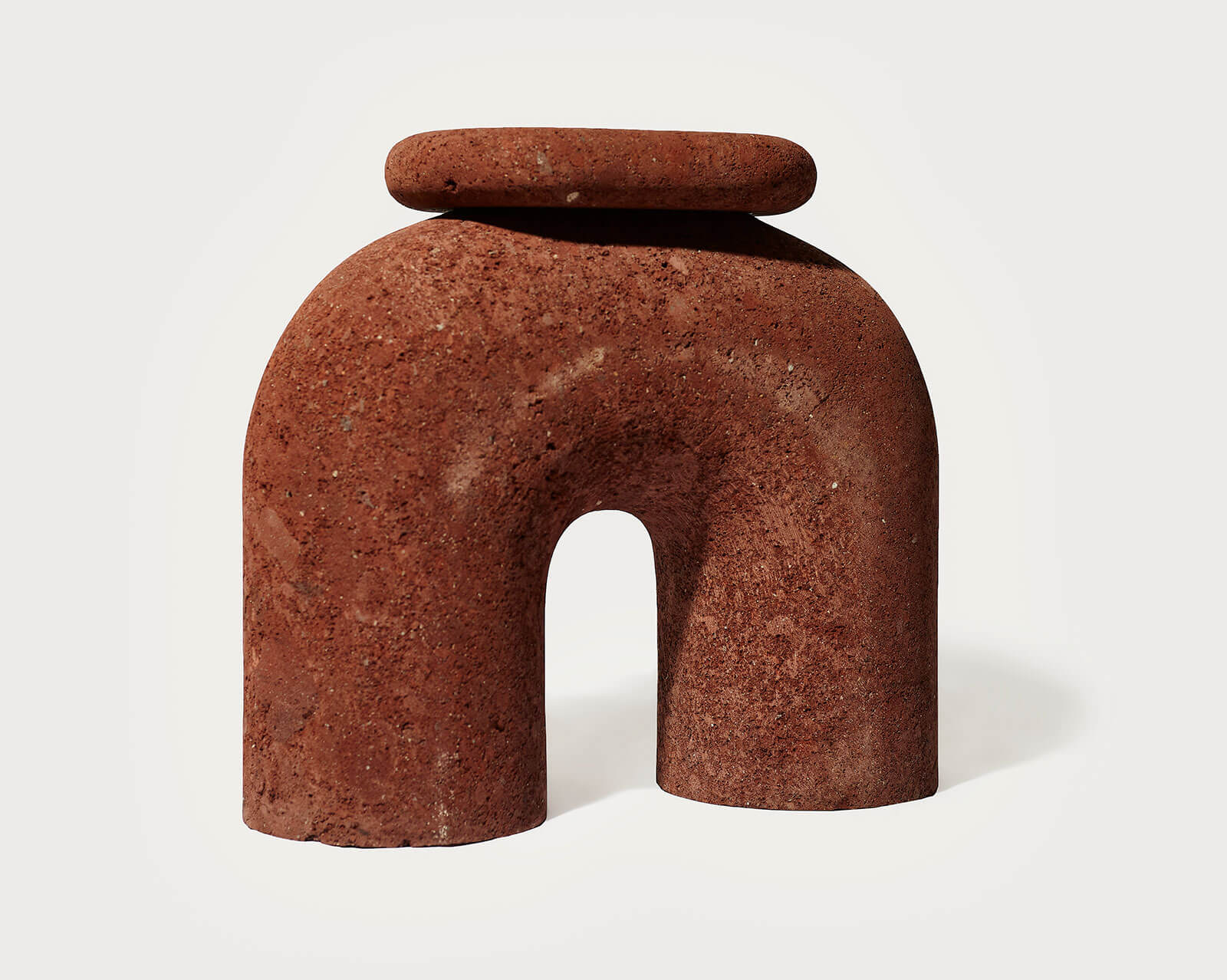
Panorammma, ‘Neolithic Thinker’, 2021
COURTESY: Panorammma & Galerie Philia / PHOTOGRAPH: Manual Mazzaro
Avoiding the cliches and cultural appropriation that too often marginalises the Global South’s artisanal production, Attali and his team sought out emerging talents that transcend these stigmas. Many of the exhibitors reflect the international organic trend while others reinterpret age-old craft techniques.
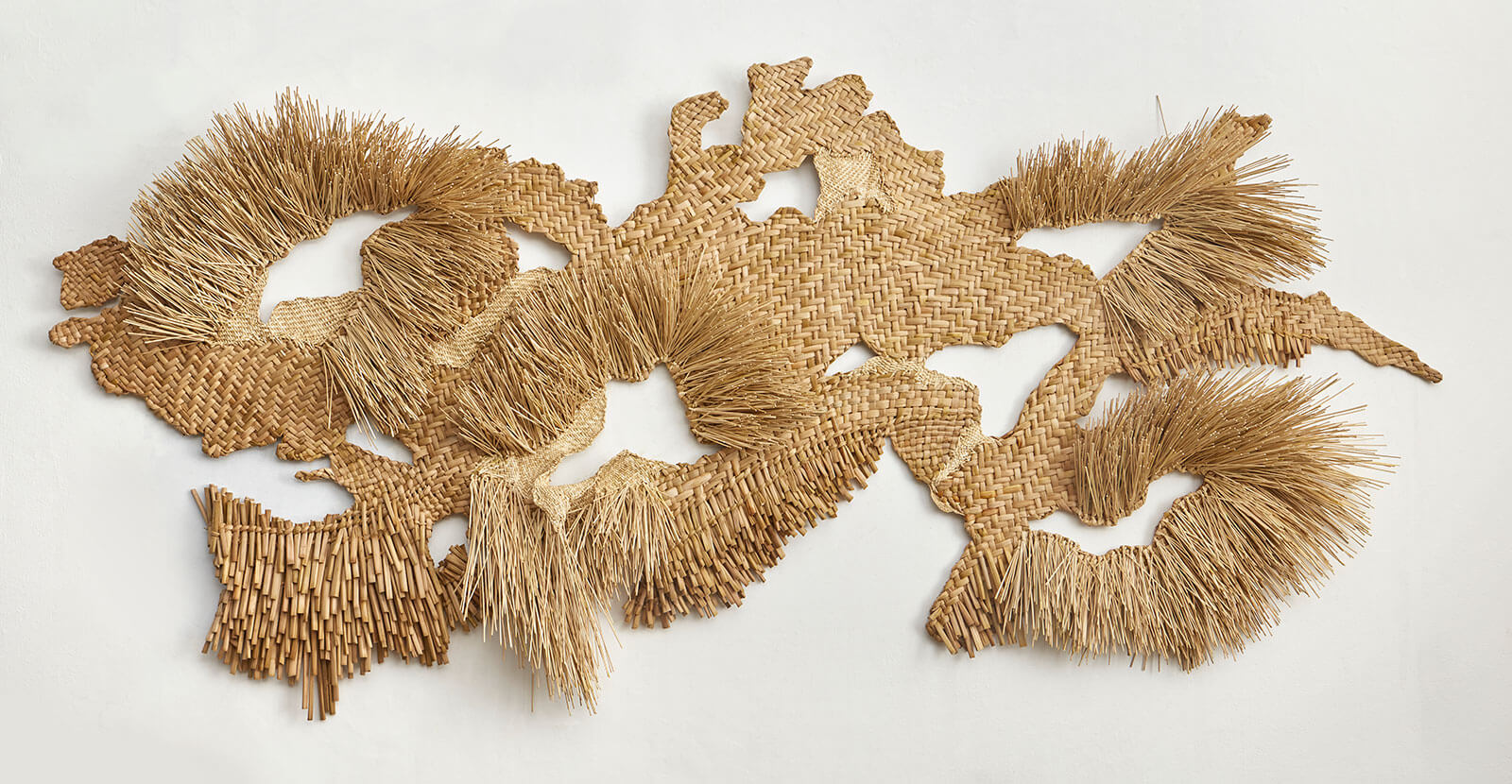
Estudio Raffreyre, ‘Wetland’, 2022
COURTESY: Estudio Raffreyre & Galerie Philia
“We’re going to try and show both types of work to reveal this range and reveal the parallels between designers operating on either side of the Atlantic,” he explains. “We want to show that even if designers are deeply influenced by their origins, they’re not determined by these forces and can draw from a wide range of inspirations.”
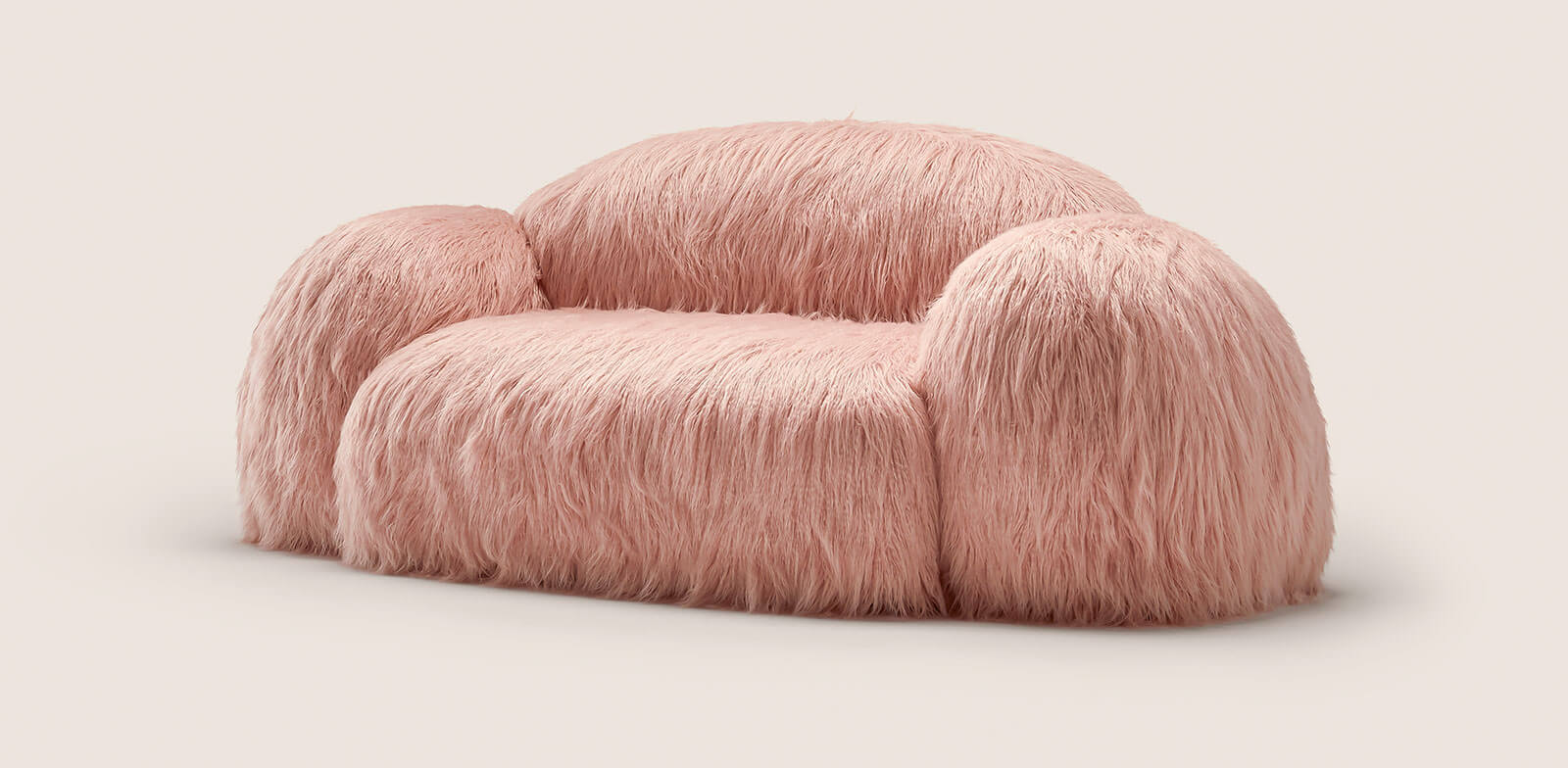
Vladimir Naumov, ‘Yeti Sofa’, 2022
COURTESY: Missana Lab & Galerie Philia
For the gallerist, minimalism offers designers the opportunity to combine and refine different references. This formal vocabulary might have been perfected in Europe before influencing the rest of the world, but it has an intriguing mutation within Latin America. Ancient structures and natural elements specific to the region have informed practices like Rodrigo Bravo and CHUCH Estudio. While the former’s ‘Monolith Series’ derives from production methods, technologies and materials specific to Chile, the latter’s ‘Ceiba’ lamp borrows its shape from a subtropical tree common in the Yucatan.
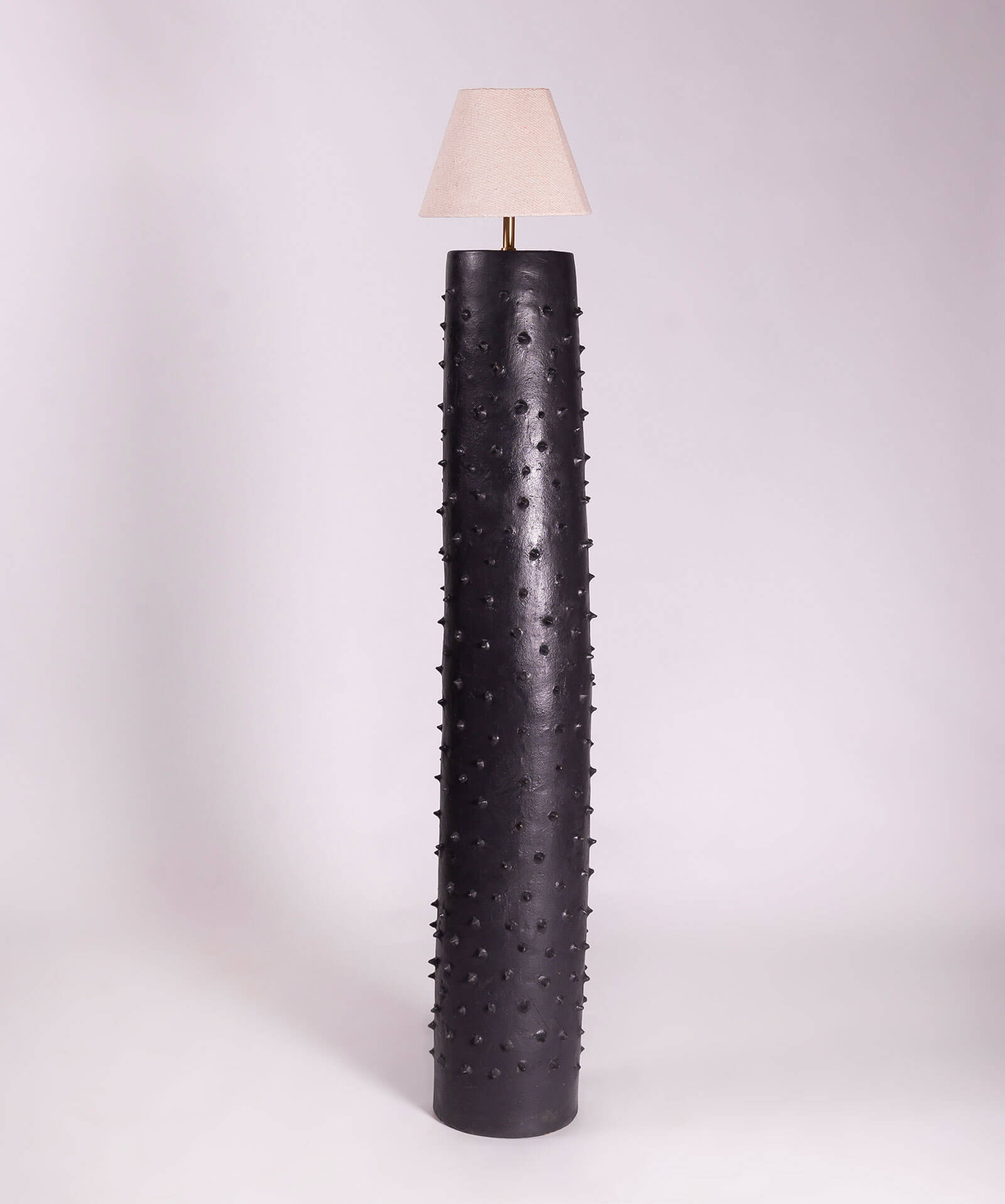
CHUCH Estudio, ‘Ceiba’ lamp, 2021
COURTESY: CHUCH Estudio & Galerie Philia
With ‘Cult Stool’, Mexico-based Panorammma renders locally-sourced onyx in crystalline forms that allude to myth and memory. Both Alejandra Aristizabal and Caralarga experiment with the potential of large geometric tapestries using fique plant fibre and discarded cotton thread, respectively. Designers from Colombia, Argentina, Peru and the Dominican Republic also feature among the exhibitors.

Casa Alfarera, ‘Clam’ side table, 2022
COURTESY: Casa Alfarera & Galerie Philia / PHOTOGRAPH: Victor-Stonem
“It isn’t just these designers that are influenced by Europe but also European designers take inspiration from Latin America,” Attali argues, “and that’s exactly my point.” Noted Florence and New York-based polymath Pietro Franceschini’s latest ‘Urania’ collection was heavily influenced by many months he spent in Mexico. The golden-hued amorphous Mohair velvet sofas, chairs and tables will be on view as part of the showcase.
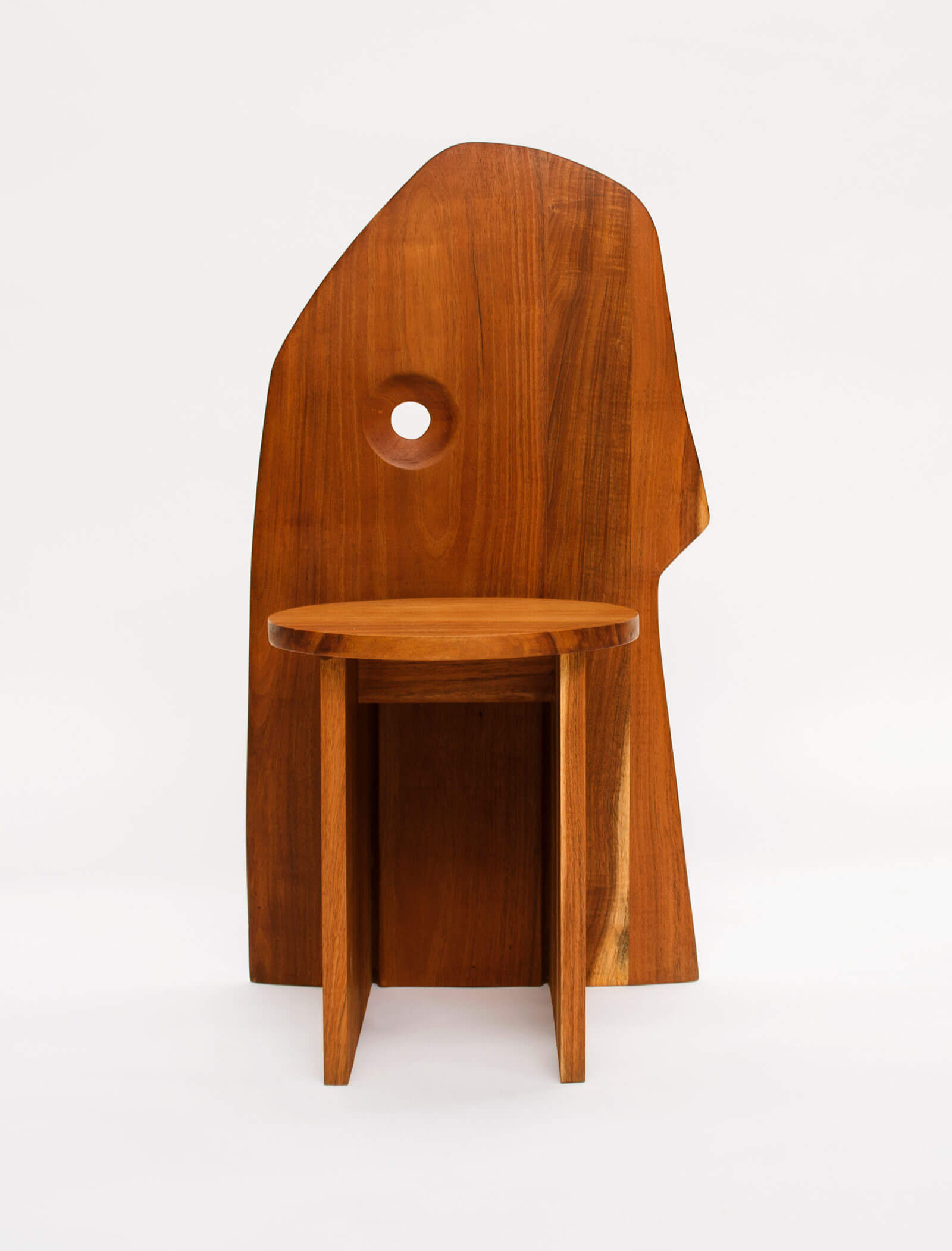
Taller Nacional, ‘Ánima’ chair, 2021
COURTESY: Taller Nacional & Galerie Philia
In true Galerie Philia fashion, the gallery founder searched far and wide for new talent. Sorting through graduation catalogues and Instagram profiles, he was careful to choose practitioners that not only represent a range of approaches – both in terms of reimplemented artisanal traditions and a pared back architectonic aesthetic – but also a range of applications. Other notable participants are Rick Owens, Breuer Estudio, VIDIVIXI, Pierre De Valck, VERDI and Vladimir Naumov.
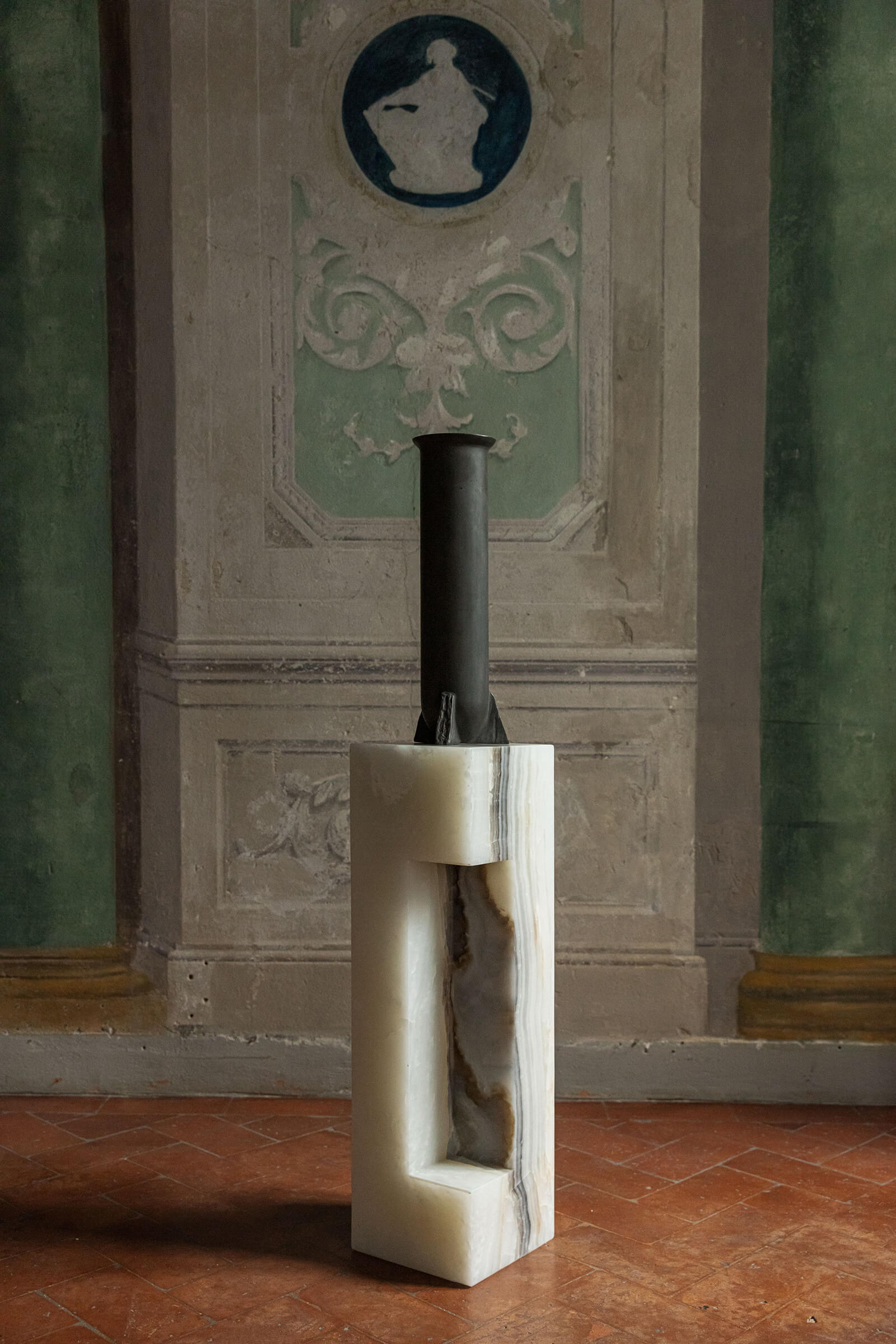
Rick Owens, ‘Urnette’, 2021
COURTESY: Rick Owens & Galerie Philia
Overall, an understanding of craft remains a throughline across this roster. “Materiality, in general, is something that I’m interested in because it is one of the main differences nowadays between collectible design and the fine arts,” Attali explains. “The art world is far more interested in conceptual thinking. Sculpture has been taken back by design.”
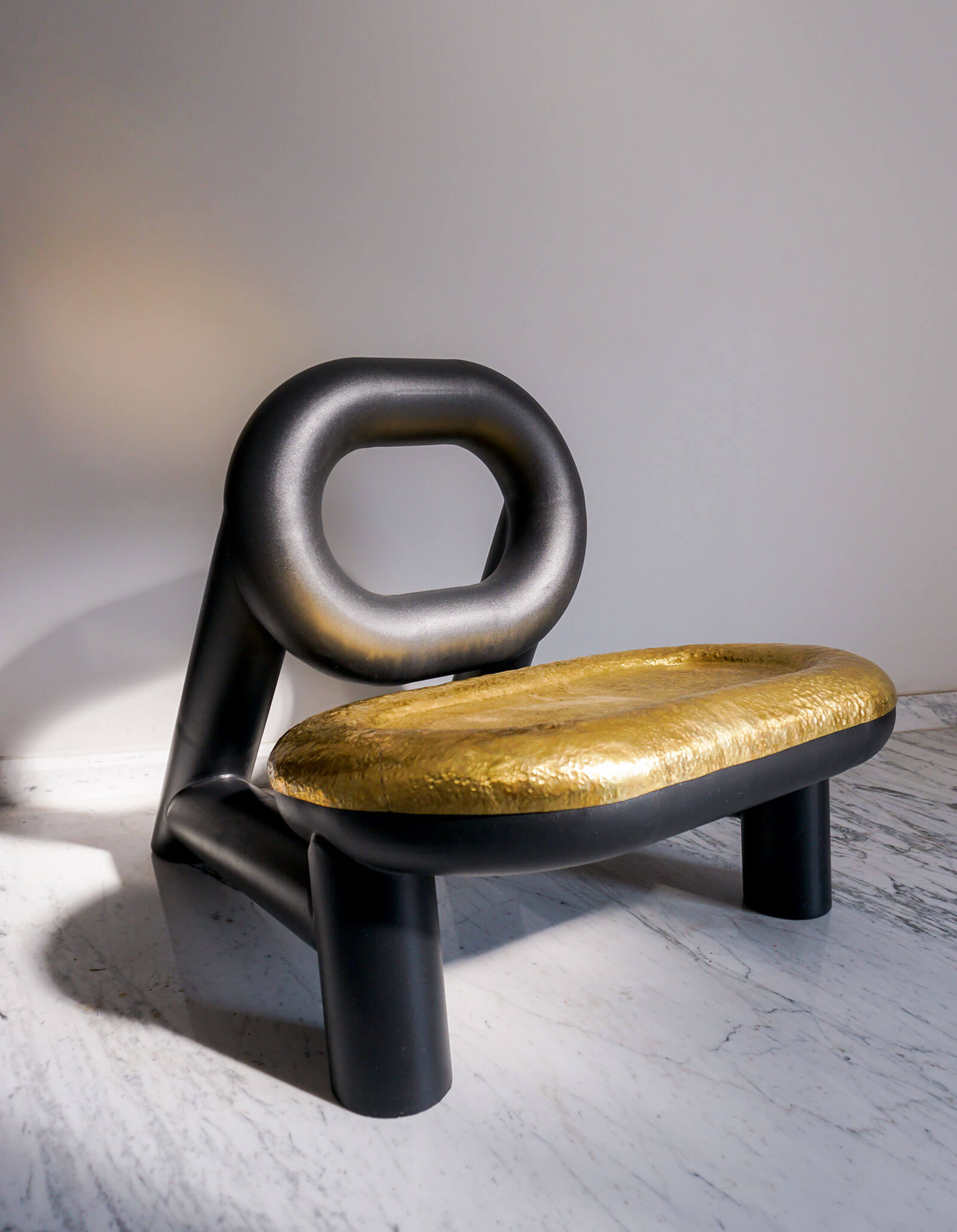
Platalea Studio, ‘Yo Jaguar Chair’, 2021
COURTESY: Platalea Studio & Galerie Philia
The fifty or so works on view will be displayed in a unique scenography envisioned by renowned luxury events company House of Kirschner. Spread across the main level and roof deck, the works will be organised based on their formal expression. The more minimal pieces will occupy the open terrace and respond to the city’s dynamic architectural landscape.
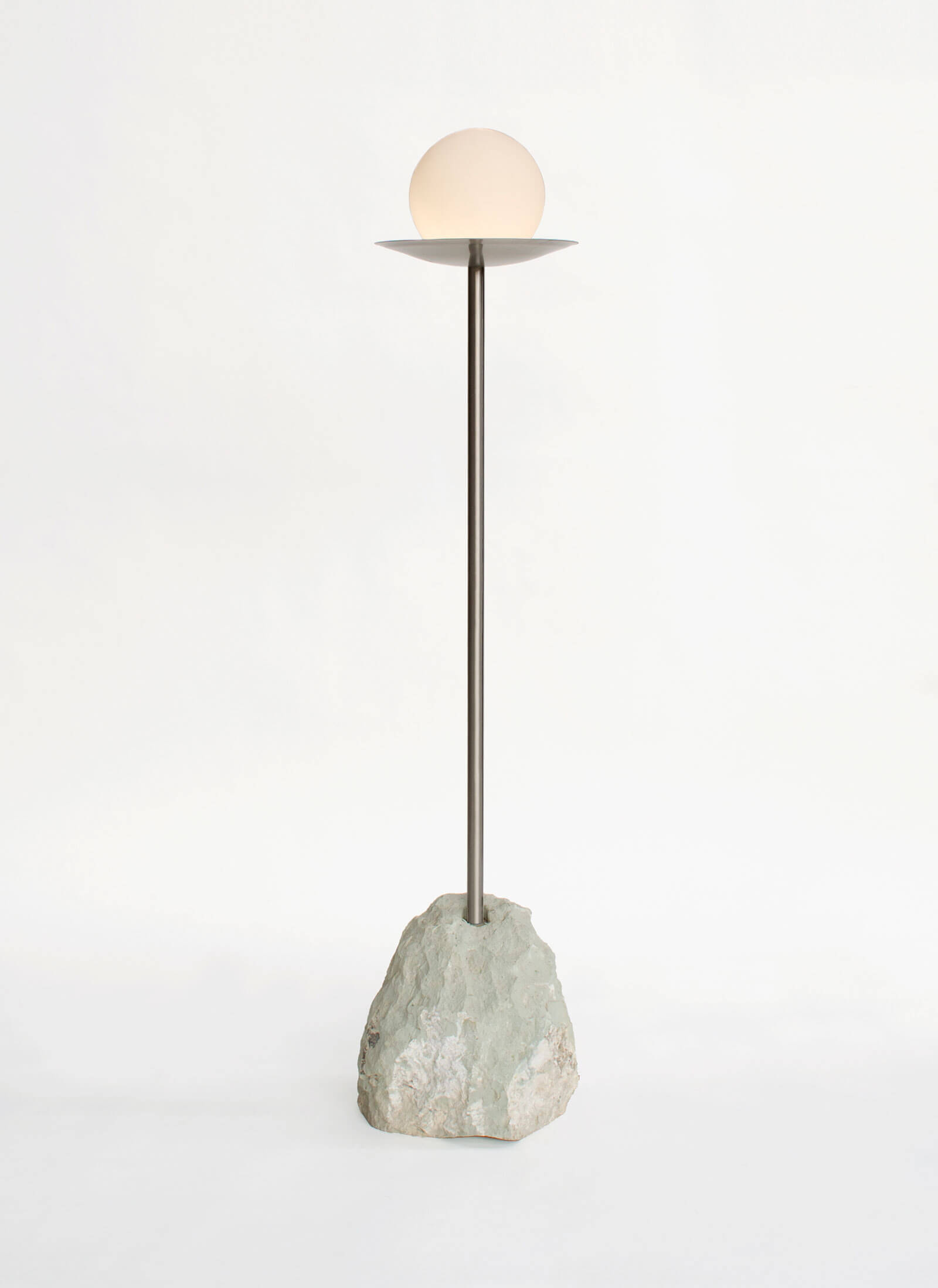
Bestia Studio, ‘Floor Lamp’, 2022
COURTESY: Taller Nacional & Galerie Philia
The works that respond to tradition will open the showcase on the first floor, as if positioned in a timeline. Drawing on Mauricio Kirschner’s expertise in avant-garde brand installations, Transatlántico will also feature carefully curated scent diffusions derived from the vast region’s history and unique ecological diversity.
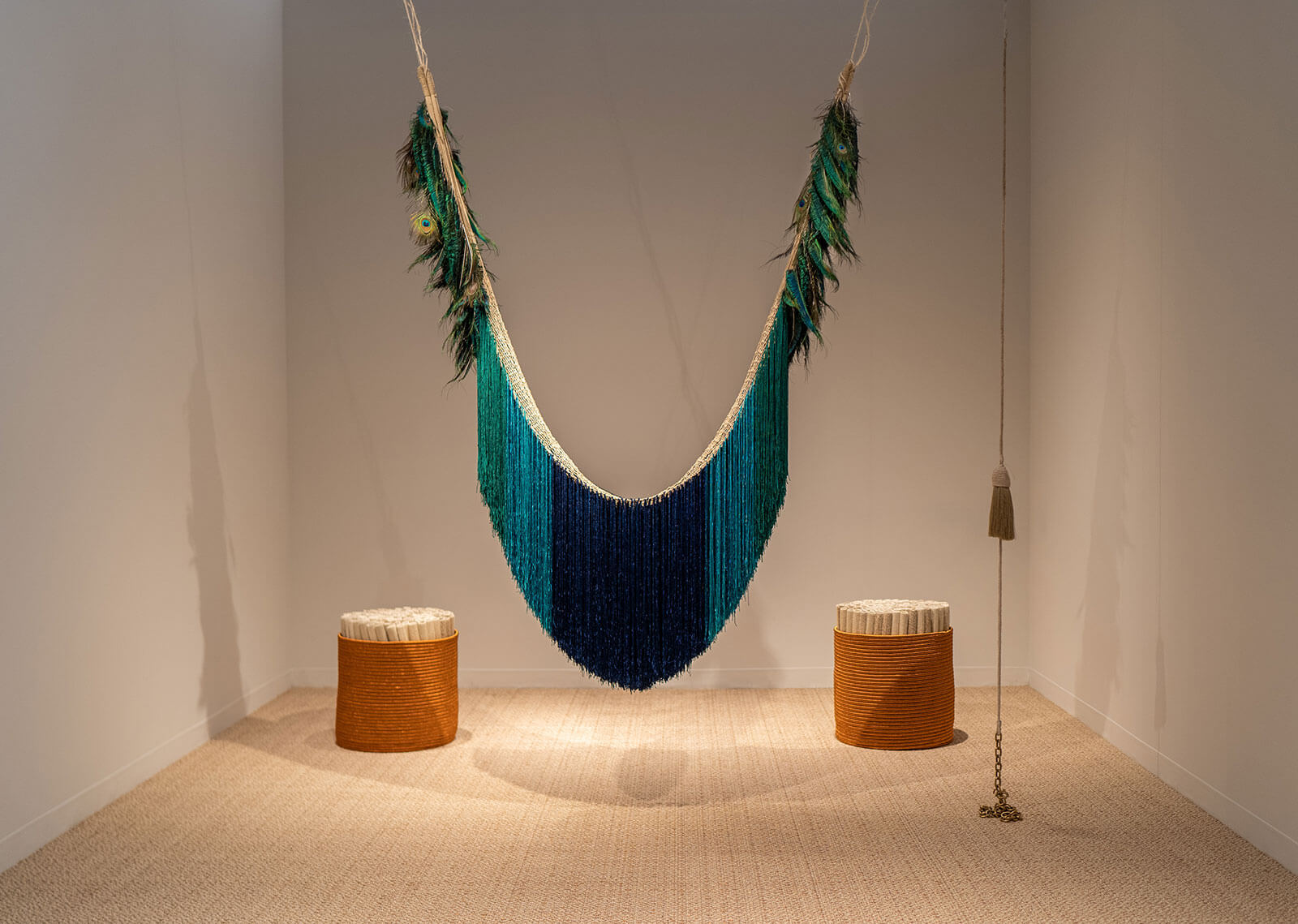
VERDI, ‘La Macorina’ hammock chair, 2018
COURTESY: Verdi Design & Galerie Philia
“There’s a huge potential for the collectible design industry in Latin America that goes beyond Mexico,” Attali concludes. “The situation is similar to what we experienced in China four years ago, in that both the number of makers and collectors in this part of the world is booming.”
This exhibition is the latest in Galerie Philia’s global sweep. On top of opening a new fixed space in the Chelsea district of New York this spring, the ever-expanding platform hopes to implement this geographic focus in other parts of the world. However, no two projects will ever be exactly the same. Breaking the white-cube model has been the platform’s aim from day one.
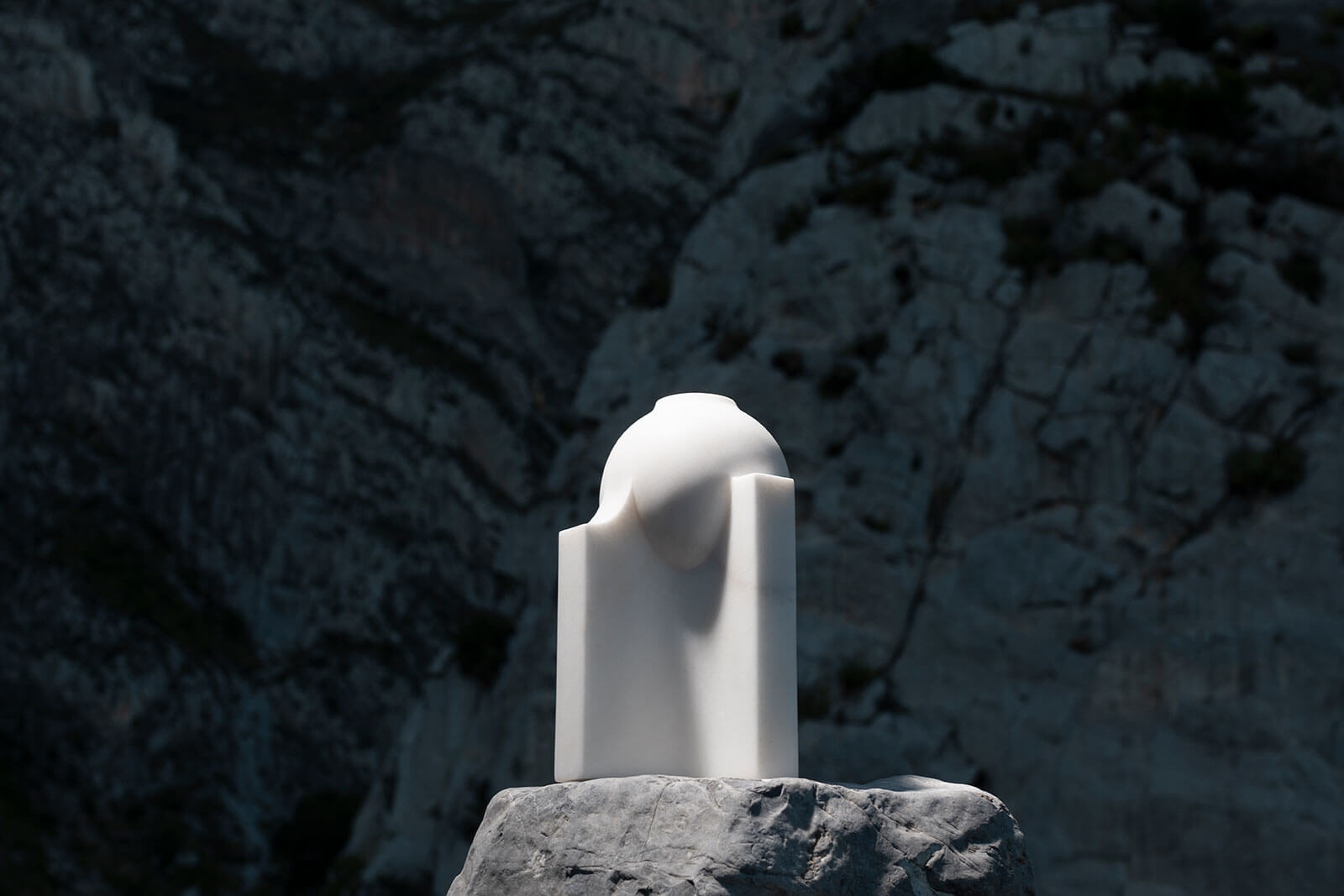
Jorge Diego, ‘Florero Bola Galeana’, 2020
COURTESY: Jorge Diego & Galerie Philia




